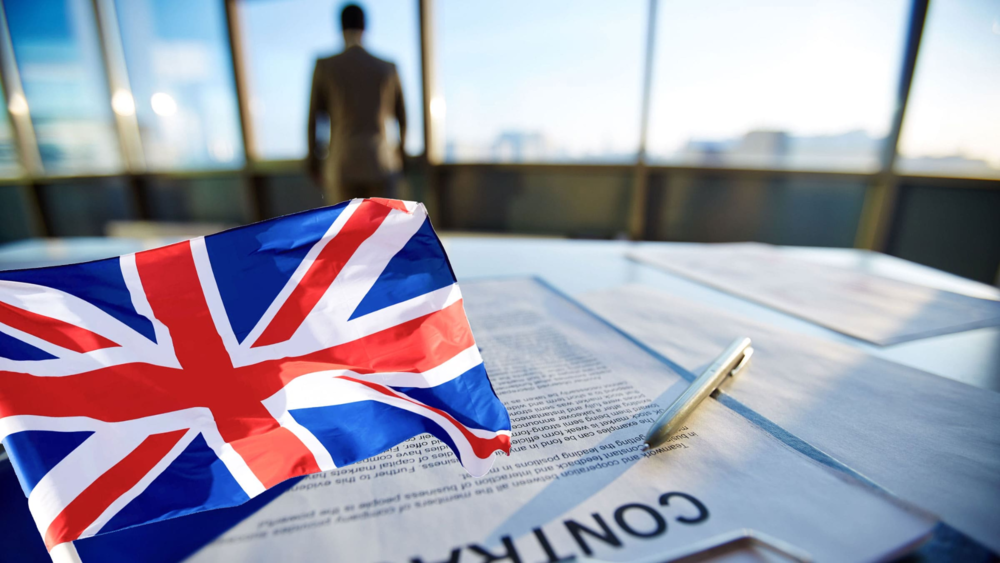- Home
- Articles
- Architectural Portfolio
- Architectral Presentation
- Inspirational Stories
- Architecture News
- Visualization
- BIM Industry
- Facade Design
- Parametric Design
- Career
- Landscape Architecture
- Construction
- Artificial Intelligence
- Sketching
- Design Softwares
- Diagrams
- Writing
- Architectural Tips
- Sustainability
- Courses
- Concept
- Technology
- History & Heritage
- Future of Architecture
- Guides & How-To
- Art & Culture
- Projects
- Interior Design
- Competitions
- Jobs
- Store
- Tools
- More
- Home
- Articles
- Architectural Portfolio
- Architectral Presentation
- Inspirational Stories
- Architecture News
- Visualization
- BIM Industry
- Facade Design
- Parametric Design
- Career
- Landscape Architecture
- Construction
- Artificial Intelligence
- Sketching
- Design Softwares
- Diagrams
- Writing
- Architectural Tips
- Sustainability
- Courses
- Concept
- Technology
- History & Heritage
- Future of Architecture
- Guides & How-To
- Art & Culture
- Projects
- Interior Design
- Competitions
- Jobs
- Store
- Tools
- More

Table of Contents Show
Changing your residence is challenging, regardless of the reasons for moving. When choosing a country of residence and citizenship, a migrant receives certain rights and obligations. One of the main and most costly is paying taxes and fees at the new place of residence. Experts from the site https://riseapps.co/ tell us how much you will have to pay to the state treasury in the UK.
Nota bene
Any activity and income in the UK are subject to taxation. Working “under the table” or “with a black cash register” is not welcomed, and it can even be prosecuted and result in a very significant term.
Please note! If a person is not a country resident, he still pays personal income tax on the income he receives in the UK. British tax authorities are not interested in all foreign assets and profits. If he obtains citizenship and becomes a country resident, be kind enough to pay taxes on any income (received in the United Kingdom and abroad).

And the last point! The reporting year starts on April 6 and ends on April 5. Therefore, all necessary fees must be made and documents prepared by April of the year following the reporting year.
Taxes for individuals
The main tax is the income tax. Its rate depends on the income received during the reporting year. Everyone pays it, regardless of whether you are a UK resident or not.
| Income Amount | Personal income tax rate |
| £12,570 | 0% |
| £12,571–£50,270 | 20% |
| £50,271–£125,140 | 40% |
| From £125,140 to infinity | 45% |
The tax rate applies specifically to a certain range. For example, a non-resident received £17,000 in profit. The amount up to £12,570 has a zero tax rate. No personal income tax is withheld from this part of the profit. The difference of 17,000–12,570=4,430 pounds will be taxed at 20%. In total, he will have to pay 886 pounds in income tax.
Scotland uses 6 tax rates. The maximum is 47%. Therefore, take into account the region you are in.
Savings tax
Another form of personal income tax with similar rates. But it is not withheld from amounts less than 12,570 pounds + 5,000 pounds. Thus, the maximum quantity of non-taxable coins is 17,570 coins. Then, standard rates and the tax base method are applied.

Inheritance
It is a sore subject since getting a good inheritance in the UK is expensive. The tax rate is 40% if the value of the deceased’s assets exceeds 325,000 pounds. In this case, the tax is paid by all heirs.
But if the inheritance passes to the spouse, the heir is exempt from paying tax. The exception is if the surviving spouse(s) are foreign citizens. In this case, personal income tax is not withheld from the first £325,000 of the inheritance.
Gift Tax
All UK residents must pay gift tax on gifts over £3,000/year. If the limits are not exhausted in a given year, the remaining amount can be carried over to the following year. The exception is gifts from one spouse to another and vice versa.
Personal taxation in the UK is complex, so couples with a good income usually hire a consultant or accountant to prepare their annual return.
illustrarch is your daily dose of architecture. Leading community designed for all lovers of illustration and drawing.
Submit your architectural projects
Follow these steps for submission your project. Submission FormLatest Posts
Top 10 Most Inspiring Women in Architecture
Explore the remarkable achievements of women in architecture who transformed the profession...
Acropolis of Athens: Architecture as a Political and Cultural Statement
From the Parthenon to the Erechtheion, the Acropolis of Athens stands as...
How to Understand Rental Appraisals: A Full Guide
Rental appraisals are essential for setting competitive rent prices and maximizing investment...
10 Things You Need To Do To Create a Successful Architectural Portfolio
Discover 10 essential steps to create a successful architecture portfolio. From cover...












Leave a comment